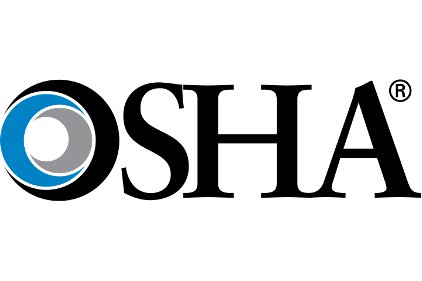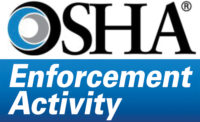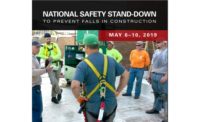This week in OSHA

 Failing to inspect a chair?
Failing to inspect a chair?
A worker who reported being injured when the chair she sat in at work broke cannot be fired for failing to “inspect the chair.” The Department of Labor’s Administrative Review Board upheld OSHA's finding that the Port Authority Trans-Hudson Corporation of New York and New Jersey violated the rights of an employee when it disciplined the worker for exercising her rights under the Federal Railroad Safety Act. The broken chair caused to worker to fall and sustain an injury. When she reported the injury, the railroad charged her with having caused the accident by failing to "inspect the chair" before sitting in it. The worker then filed a complaint with OSHA, which found in 2010 that the company had violated the whistleblower provisions of the FRSA.
OSHA ordered PATH to pay $1,000 in punitive damages and to take corrective actions, which included expunging disciplinary actions and references to them from various records as well as compensating the worker for attorneys' fees.
PATH filed an appeal before DOL’s Office of Administrative Law Judges, which upheld OSHA's findings in the case. PATH then filed another appeal before the Administrative Review Board. The ARB’s December 2012 decision upheld the OALJ decision.
Temp workers to get same training as permanent staff
The MacMillin Co., a Keene, N.H.-based contractor, has reached a settlement with OSHA to correct all cited hazards and pay a $100,000 fine in connection with the September 2011 death of a worker who fell 27 feet on the Keene Middle School construction site. OSHA cited the company for failing to inspect a scaffold for defects, adequately train workers in scaffold erection and inspection, and determine the feasibility of or ensure the use of fall protection for workers during the scaffold erection. The company initially contested its citations, but now has agreed to settle the case. In addition to correcting cited conditions and paying the fine, the company will now provide the same level of training to its temporary workers as it does to its permanent staff, and sponsor presentations on fall protection training for those erecting and dismantling scaffolding.
Roofing workers exposed to 30’ falls
A.M. Stern Inc. of Rochester, NY must pay $159,250 in fines for exposing workers to falls of 15 to 30 feet while they were working at the unprotected edges of a building's roof. OSHA Stern Inc. for alleged willful, repeat and serious violations of workplace safety standards while workers installed a roof in the town of Fairport. OSHA inspectors determined that the designated on-site safety monitor was not positioned close enough to workers in unprotected sections to warn them about the fall hazards. OSHA also issued the contractor five serious citations, including failure to provide medical evaluations and training for workers required to wear respirators, allowing an untrained worker to operate a forklift, and not providing workers with information and training on hazardous chemicals.
Diesel Hazard Alert issued by OSHA, MSHA
OSHA and the Mine Safety and Health Administration (MSHA) are warning workers and their employers about hazardous exposure to diesel engine exhaust. Diesel engine exhaust, which contains a mixture of gases and small particles including diesel particulate matter, can create a health hazard when not properly controlled. The agencies have issued a hazard alert about workers' exposure to these materials. Diesel engines provide power to a variety of vehicles, heavy equipment and other machinery used in industries such as mining, transportation, construction, agriculture and maritime operations. The health effects of short-term exposure can be headache, dizziness, and irritation of the eye, nose and throat severe enough to distract or disable workers, while long-term exposure can increase the risk of cancer. The hazard alert offers information for employers and workers on engineering controls to mitigate exposure, as well as the OSHA and MSHA enforcement standards for a variety of industries. For more information, see the Hazard Alert.
Looking for a reprint of this article?
From high-res PDFs to custom plaques, order your copy today!




